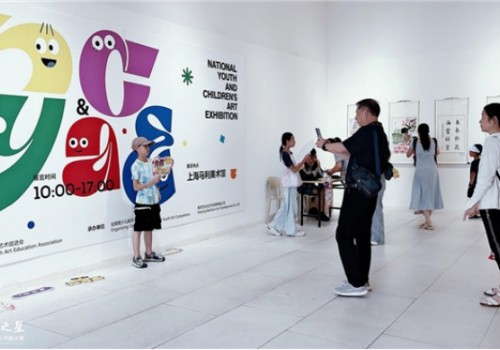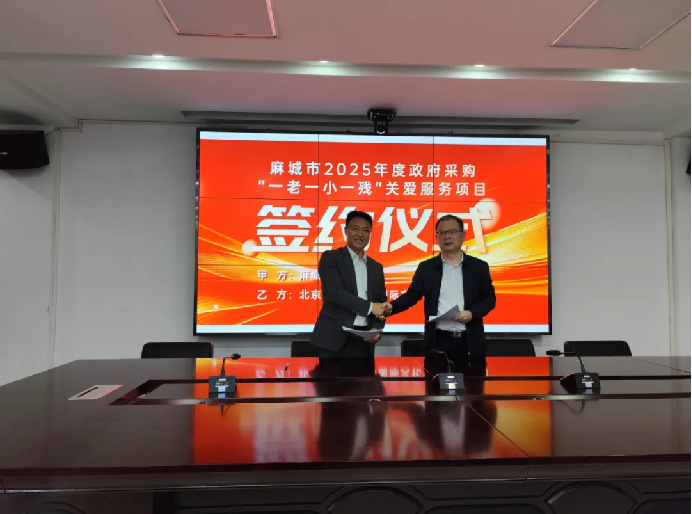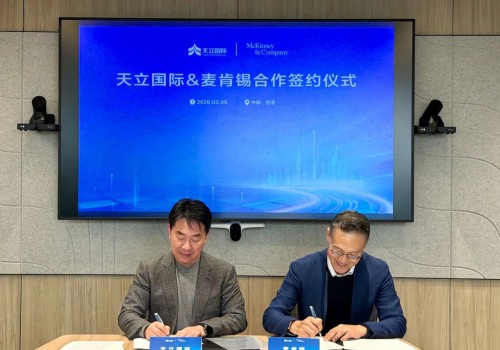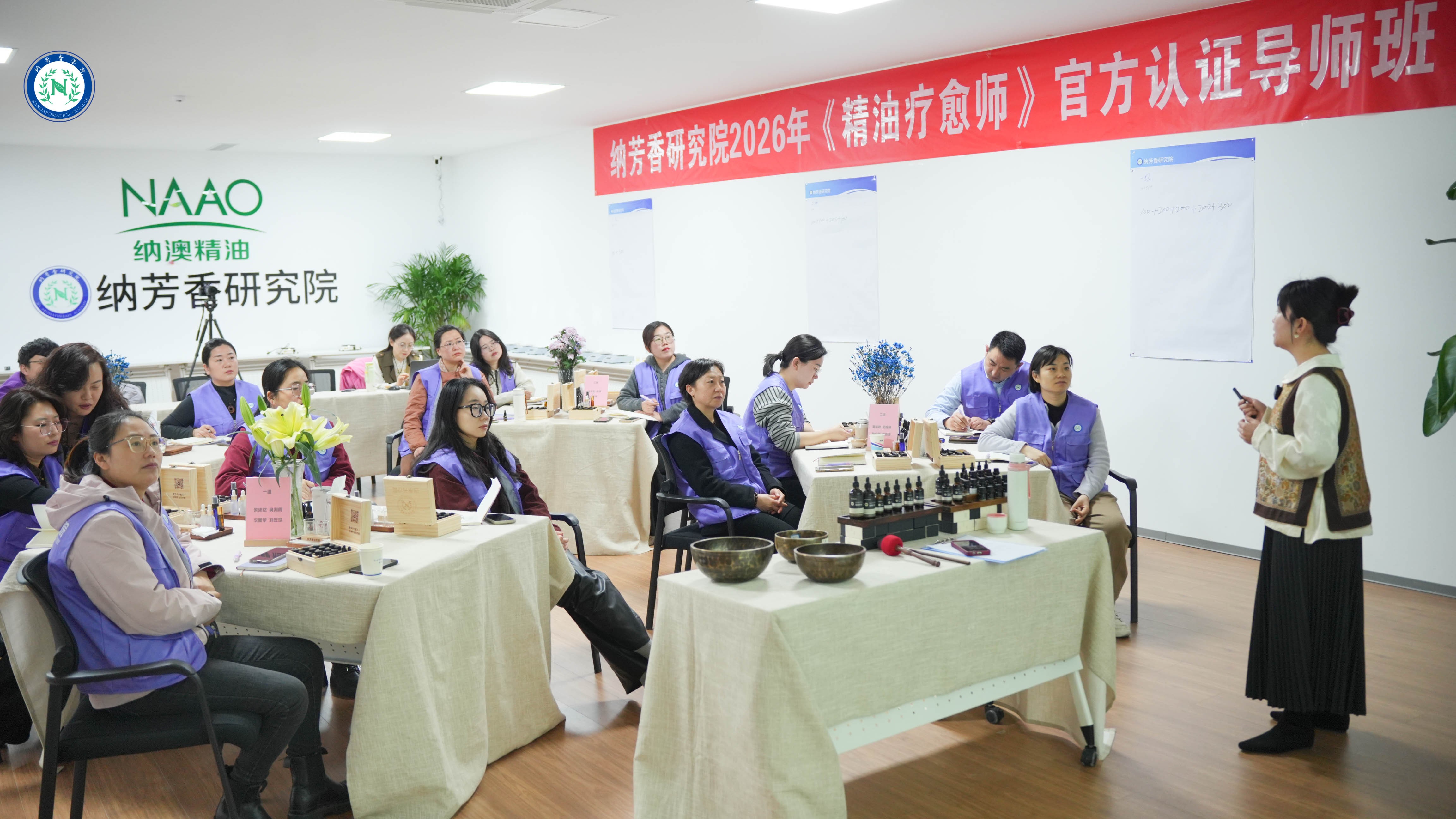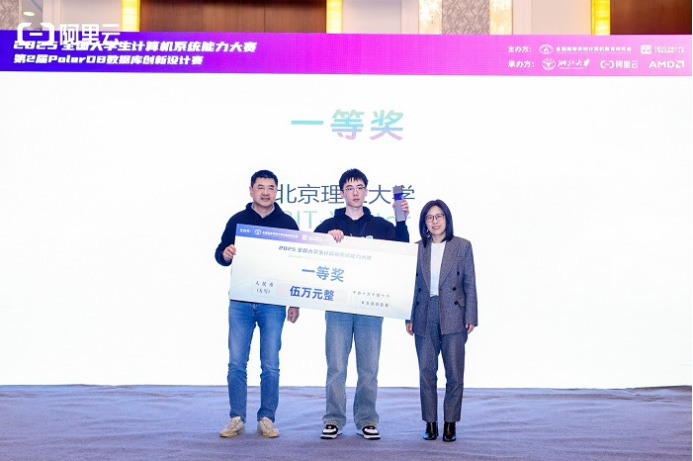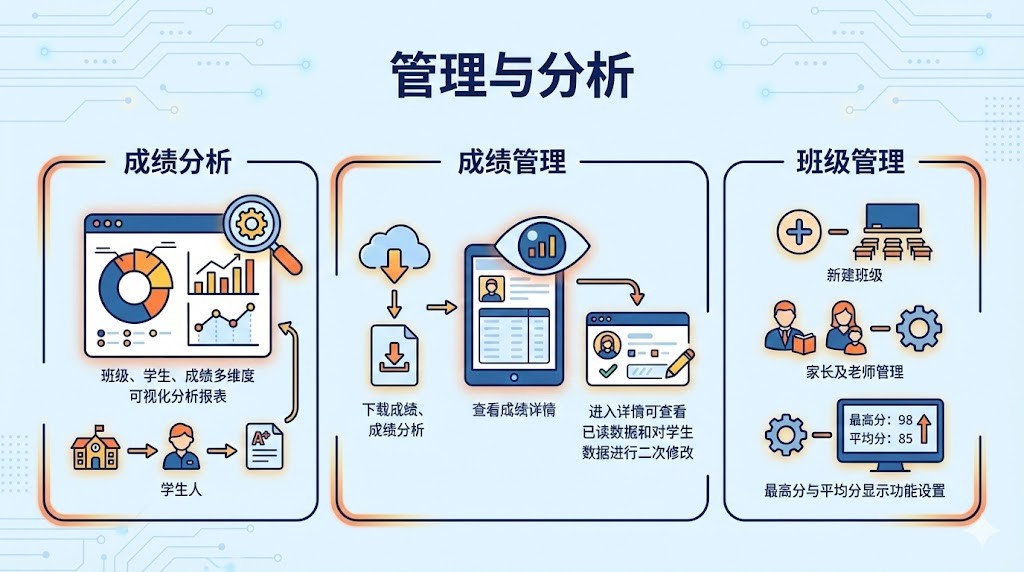French Prime Minister Manuel Valls (center) meets members of the Young Leaders Program from China and France at the Hotel Matignon in Paris on October 19. The Chinese delegation, led by former Chinese Foreign Minister Li Zhaoxing (left to Valls), and their counterparts in France had intensive discussions on culture and soft power. The program brought together 37 professionals from diverse backgrounds below the age of 45 ranging from politicians and entrepreneurs to legal and media professionals and artists. The program is organized by the France China Foundation and the Chinese Peoples Institute of Foreign Affairs.
Import Ban
Chinese authorities have announced a one-year ban on imports of African ivory acquired as hunting trophies in the countrys latest effort to fight wildlife poaching and trafficking.
In a statement on its website, the State Forestry Administration (SFA) said it would stop approving imports until October 15, 2016.
An unnamed official with the agency said that the move underscored the stance of the Chinese Government on wildlife protection and a concrete step forward in its efforts.
The policy follows a one-year ban in February on imports of African ivory carvings acquired after the Convention on International Trade in Endangered Species of Wild Fauna and Flora (CITES), which took effect in 1975.
The SFA said a review, which would decide whether the measure should be extended, on the February ban was underway.
Test of Character
More than 320,000 applicants signed up for the national civil service exam in late November in the first five days of registration, though more than 1,300 positions, some of which are below the county level and located in remote areas, have not received any applications.
More than 100,000 people applied on October 19 alone, the largest number in a single day, exam organizers said.
China kicked off registration for the exam on October 15, with plans to recruit more than 27,000 civil servants for national-level government organizations in 2016, a 25-percent increase from this year and its largest cohort of officials ever.
With more vacancies available, “the competition has become less fierce,”according to organizers.
The competition for each position varies, with 1,430 applicants vying for a spot at the Ministry of Human Resources and Social Security.
Farmer Boot Camp
Northwest Chinas Xinjiang Uygur Autonomous Region will train more than 320,000 farmers during the slack farming season from October to April 2016, local authorities said on October 20.
Surplus rural laborers who are willing to seek employment in towns and cities can participate in six months of training that involves language and working skills, such as interior decoration, vehicle repair and dressmaking, according to the regional department of human resources and social security.
As part of efforts to address poverty and improve peoples livelihoods, Xinjiang provided job training for more than 420,000 farmers last year.
Safety Inspection
China will launch an environment safety inspection over industries involving chemicals and other dangerous substances, the Ministry of Environmental Protection announced on October 18.
Vice Minister Pan Yue said that the inspection from late October to early November will cover ports and industries such as petrochemical, chemical, and nonferrous metal industries in 16 provincial localities.
Inspectors will look into whether chemical industry parks and ports have undergone environmental assessment and whether new environmental hazards emerge.
Inspectors will also examine the management and disposal of dangerous waste.
On August 12, two blasts ripped through a warehouse in north Chinas Tianjin Port, where large amounts of toxic chemicals were stored, including around 700 tons of sodium cyanide. The death toll from the accident exceeded 160.
Citation Ranking
China continued to rank fifth in terms of the number of theses published in the most influential scientific journals in 2014, a government think tank revealed on October 21.
A total of 2,126 theses were published in the three leading scientific publications Science, Nature and Cell last year, among which 177 were from Chinese scientists, said the Institute of Scientific and Technical Information under the Ministry of Science and Technology.
The rank is the same as that of 2013, moving up four spots from the ninth place in 2012.
Chinese theses overall quality has risen, according to the institute. In the past decade, more than 1.58 million scientific theses published on international publications have come from Chinese scientific and technical personnel, and these works have been cited 12.87 million times, the fourth highest number worldwide.
The citation number is close to the second- and third-ranking nations Germany and Britain, but is still far behind the United States, which ranked first with more than 60 million.
Citations of Chinese theses ranked second worldwide in seven fields including mathematics, medicine and agricultural sciences, according to the institute.
Marine Cooperation
China will actively promote maritime scientific research and innovation as well as international cooperation to advance sustainable marine development, according to the State Oceanic Administration (SOA).
Chen Lianzeng, Deputy Director of the SOA, made the remarks at an annual meeting of the North Pacific Marine Science Organization (PICES) held in Qingdao, a coastal city in east Chinas Shandong Province, on October 19.
“The SOA will work on increasing intellectual and financial support to the study and research of various subjects, including polar science, the marine ecological response to climate change and ocean acidification,” he said.
More than 500 marine scientists and researchers participated in the 24th annual meeting of the PICES, with the theme of “Change and Sustainability of the North Pacific.”
Established in 1992, the PICES is an intergovernmental scientific organization aiming to promote and coordinate marine research in the northern North Pacific and adjacent seas. Its present members include China, the United States, Canada, Japan, South Korea and Russia.
Herbal Wonders
Pupils from Shangyou Elementary School in Chongqing learn the functions of traditional Chinese medicine (TCM) herbs in a TCM hospital on October 20, two days before the World Traditional Medicine Day.
Top-Level Push
Premier Li Keqiang attends the launching ceremony of the inaugural National Mass Entrepreneurship and Innovation Week in Beijing on October 19.
The event included exhibitions and investment and trade talks in Beijing and other major cities throughout the country.
To support and encourage mass entrepreneurship and innovation, the State Council decided that one week each October will be chosen as National Mass Entrepreneurship Week, starting this year.
Record-Breaking Bloom
A “full-standing multiflorous chrysanthemum” grafted in central Chinas Henan Province has earned its place in the Guinness Book of World Records for containing the largest number of chrysanthemum species.
The multiflorous chrysanthemum is 3.8 meters in diameter and composed of 641 different types of chrysanthemums grafted to southernwood. It was certified for the world record on October 18 in the ancient city of Kaifeng, Henan.
It took about four years to cultivate the plant, which now has more than 1,500 flowers blossoming at one time.
Offshore RMB Note
The Peoples Bank of China (PBC), Chinas central bank, issued its first offshore renminbi note in London on October 21.
The one-year note is worth 5 billion yuan ($786 million), with an interest rate of 3.1 percent, said an online statement from the PBC.
This marks the first time that a renminbi note has been issued outside China.
The PBC statement also said that it will help explore an offshore renminbi market while facilitating cross-border trade and investment.
Investment Program
China is considering a pilot trial to allow qualified domestic individuals to invest overseas in the China (Shanghai) Pilot Free Trade Zone (FTZ), a step closer to scrapping the controls on the capital account.
An executive meeting of the State Council, Chinas cabinet, made the decision on October 21.
Mei Xingbao, an external supervisor for Bank of China, said that the announcement had been long-awaited and could be seen as a step forward in the internationalization of the Chinese currency yuan.
However, Mei added that the trial would be conducted on a small scale and have a limited impact.
“It will be open to residents living or working in the FTZ, so it can benefit only a handful of people. But if fully implemented, it will have significant importance in the loosening of capital controls in China,” Mei added.
Details of the requirements for individual investors have not been publicized, but reports in the Shanghaibased Securities Times said that qualified individual investors should possess net assets worth more than 1 million yuan ($157,000) and must pass a test on their financial riskpreparedness.
Mei said that the scale of the trial will fall below market expectations, as other places that have applied to join in, such as Zhongguancun, a hitech development zone in Beijing, and Wenzhou, a city in east Chinas Zhejiang Province known for its booming private businesses, were not included.
“The Central Government is prudent in carrying out reforms like this. There are risks of money laundering,”he explained.
The Shanghai FTZ was set up in September 2013 to test the waters for financial reforms.
Grape Escape
A farmer stacks crates of grapes for shipping to local wineries in Changli County, north Chinas Hebei Province, on October 21.
The county is a major wine production base in China, with 33 renowned wineries and an annual revenue of over 2.5 billion yuan ($393.8 million).
Power List
China will pilot a “negative list” approach, which identifies sectors and businesses that are off-limits or restricted for investment, in some regions from December 1 to December 31, 2017, authorities said on October 19.
The aim is to explore a system that could be replicated nationwide in 2018 as part of efforts to streamline government administration and give more freedom to the market, according to a published guideline.
The “negative list” approach is a common practice adopted in many countries to manage foreign investment. China first piloted the management approach in the Shanghai FTZ in 2013.
By extending the approach to cover domestic businesses, China looks to unleash more vitality in the private sector as the economy slows.
Wang Yukai, a professor with the Chinese Academy of Governance, said that the move will help reduce the threshold for investment and business start-ups to bring out the potential of various market entities.
Pricing Reform
The National Development and Reform Commission (NDRC) published the revised central government pricing catalog on October 21, which cut items subject to price controls by 80 percent as part of efforts to cut red tape.
The new catalogue will take effect in 2016, said the NDRC.
The catalog now contains seven categories, including natural gas and electricity, down from the previous 13 categories. The number of items to be specifically priced has been downsized from 100 to 20, the NDRC said.
Hu Zucai, Vice Minister of the NDRC, said that the revision aims to scale back government intervention and giving the market a bigger role in the pricing mechanism.
The Chinese Government set a timetable for reforms to the countrys pricing mechanism earlier in October, with a target to lift price controls for almost all goods and services in competitive sectors by 2017.
By 2020, China should have a sound pricing mechanism in which the market plays a decisive role, rational and transparent pricing regulation and a well-enforced anti-monopoly law, according to the State Council.
Pricing reform has moved swiftly in recent years, with price controls over medicine, telecommunications and transportation being relaxed.
Across the River
Construction continues on the Shanghai-Nantong Yangtze River Bridge on October 21.
Construction of the bridge started in March 2014 and is expected to finish in September 2019.
PPP Projects
Seven Chinese provinces on October 20 announced 287 public-private partnership (PPP) projects that will be open to private investors.
The projects, which collectively are worth around 940 billion yuan ($148 billion), include municipal works, highways, rail, airport, water conservation and energy projects.
PPP are collaborative projects between governments and private companies that are mainly funded and operated by the latter.
These partnerships could help improve investment and finance structural reform and energize private investment, while improving public products and services, said Zhang Yong, Vice Minister of the NDRC.
China is turning to PPPs to bridge a huge financing shortfall in infrastructure construction in a bid to temper the economic slowdown caused largely by the ongoing property downturn.
The government will streamline the approval procedures for PPPs as well as roll out tax breaks and other financial rewards.
High-Emitting Vehicles
China is stepping up efforts to remove high-emitting vehicles from roads.
Enterprises are required to replace all high-emitting commercial vehicles registered before the end of this year, a target set in March in an effort to improve air quality, according to a joint notice released by the Ministry of Environmental Protection, Ministry of Public Security, Ministry of Finance, Ministry of Transport and Ministry of Commerce on October 21.
Vehicles that meet the countrys standards for mandatory scrapping but remain on the road illegally will be removed through increased and more thorough checks, and their registration certificates and license plates will be declared invalid by the police.
Chinese authorities also called for tougher supervision regarding the disposal of old vehicles and used car markets nationwide, preventing dealers from selling dismantled spare parts of written-off vehicles to consumers.
Policies offering incentives will be adopted to remove high-emitting vehicles from roads. For instance, local authorities are considering raising subsidies for scrapping high-emitting taxis, buses and heavy cargo trucks.
According to statistics released by the Ministry of Environmental Protection, as of the end of September, China had removed 823,600 high-emitting vehicles nationwide, accounting for 70 percent of total targeted vehicles.
此文由 中国教育导报-高中编辑,未经允许不得转载!: 中国教育导报 > 高中 » Brain Trust

